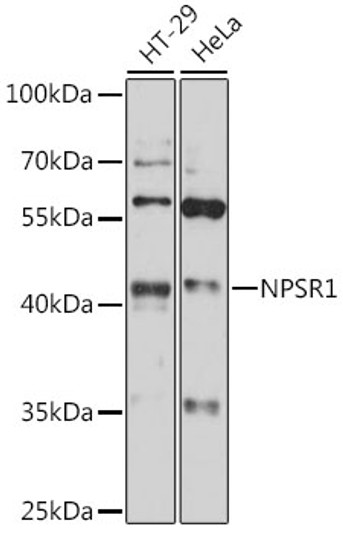| Function | Catalyzes the NADPH-dependent reduction of a wide variety of carbonyl-containing compounds to their corresponding alcohols. Displays enzymatic activity towards endogenous metabolites such as aromatic and aliphatic aldehydes, ketones, monosaccharides and bile acids, with a preference for negatively charged substrates, such as glucuronate and succinic semialdehyde. Functions as a detoxifiying enzyme by reducing a range of toxic aldehydes. Reduces methylglyoxal and 3-deoxyglucosone, which are present at elevated levels under hyperglycemic conditions and are cytotoxic. Involved also in the detoxification of lipid-derived aldehydes like acrolein. Plays a role in the activation of procarcinogens, such as polycyclic aromatic hydrocarbon trans-dihydrodiols, and in the metabolism of various xenobiotics and drugs, including the anthracyclines doxorubicin (DOX) and daunorubicin (DAUN). Also acts as an inhibitor of protein S-nitrosylation by mediating degradation of S-nitroso-coenzyme A (S-nitroso-CoA), a cofactor required to S-nitrosylate proteins. S-nitroso-CoA reductase activity is involved in reprogramming intermediary metabolism in renal proximal tubules, notably by inhibiting protein S-nitrosylation of isoform 2 of PKM (PKM2). Also acts as a S-nitroso-glutathione reductase by catalyzing the NADPH-dependent reduction of S-nitrosoglutathione. Displays no reductase activity towards retinoids. |
| Protein Name | Aldo-Keto Reductase Family 1 Member A1 Alcohol Dehydrogenase Nadp(+Aldehyde ReductaseGlucuronate ReductaseGlucuronolactone ReductaseS-Nitroso-Coa ReductaseScorr |
| Database Links | Reactome: R-HSA-156590Reactome: R-HSA-5661270 |
| Cellular Localisation | CytoplasmCytosolApical Cell Membrane |
| Alternative Antibody Names | Anti-Aldo-Keto Reductase Family 1 Member A1 antibodyAnti-Alcohol Dehydrogenase Nadp(+ antibodyAnti-Aldehyde Reductase antibodyAnti-Glucuronate Reductase antibodyAnti-Glucuronolactone Reductase antibodyAnti-S-Nitroso-Coa Reductase antibodyAnti-Scorr antibodyAnti-AKR1A1 antibodyAnti-ALDR1 antibodyAnti-ALR antibody |
Information sourced from Uniprot.org











